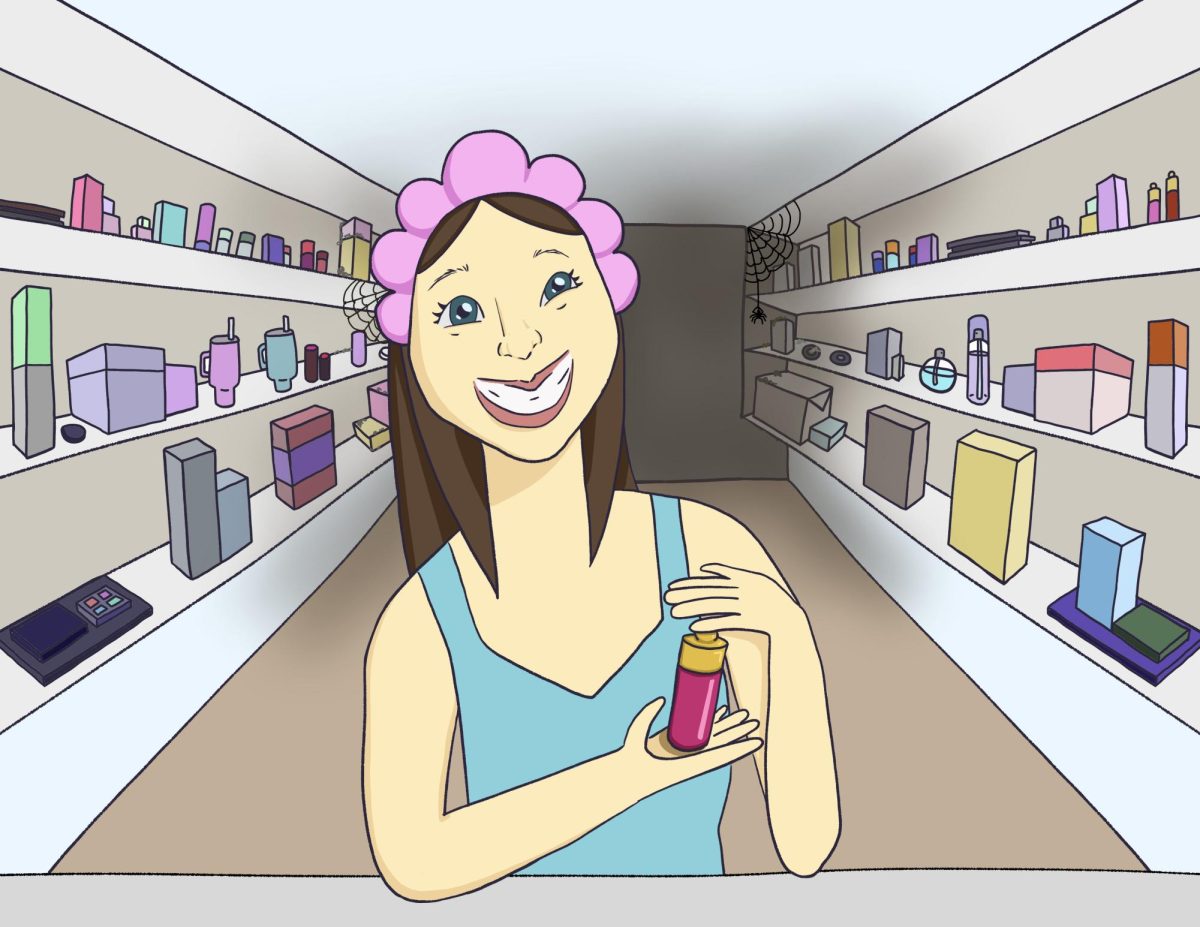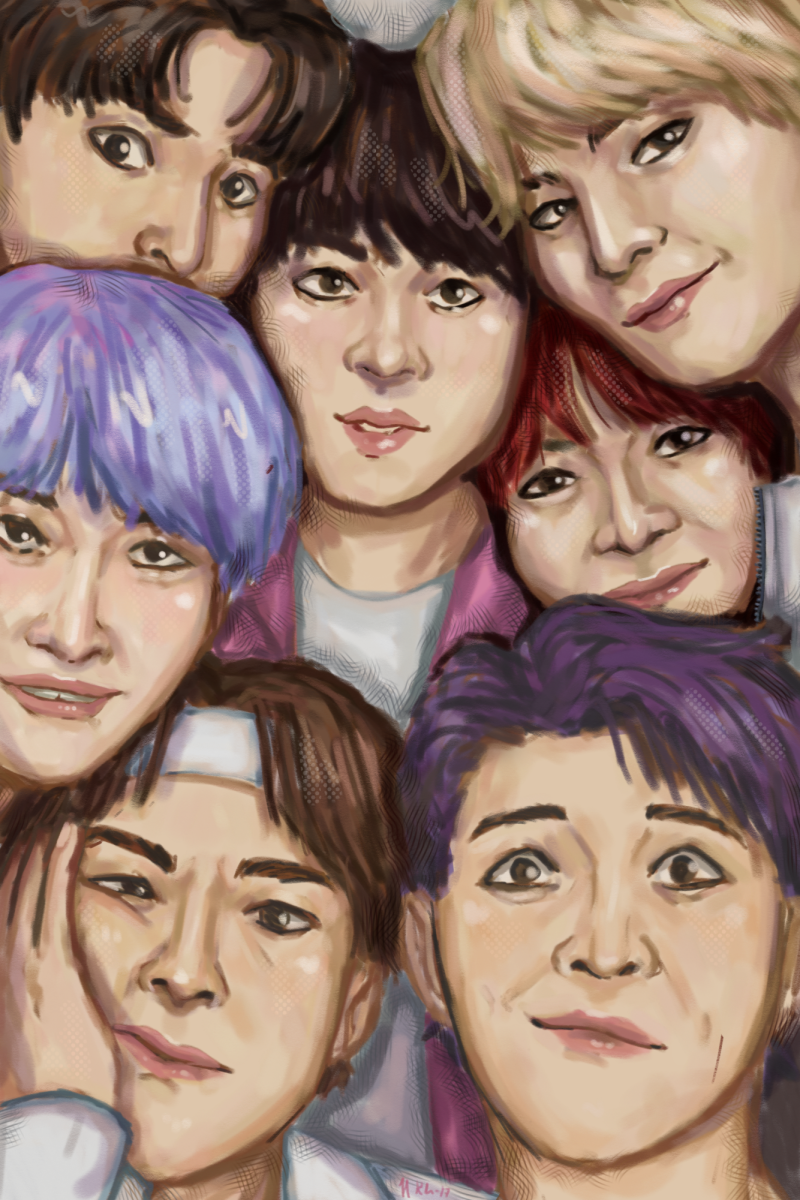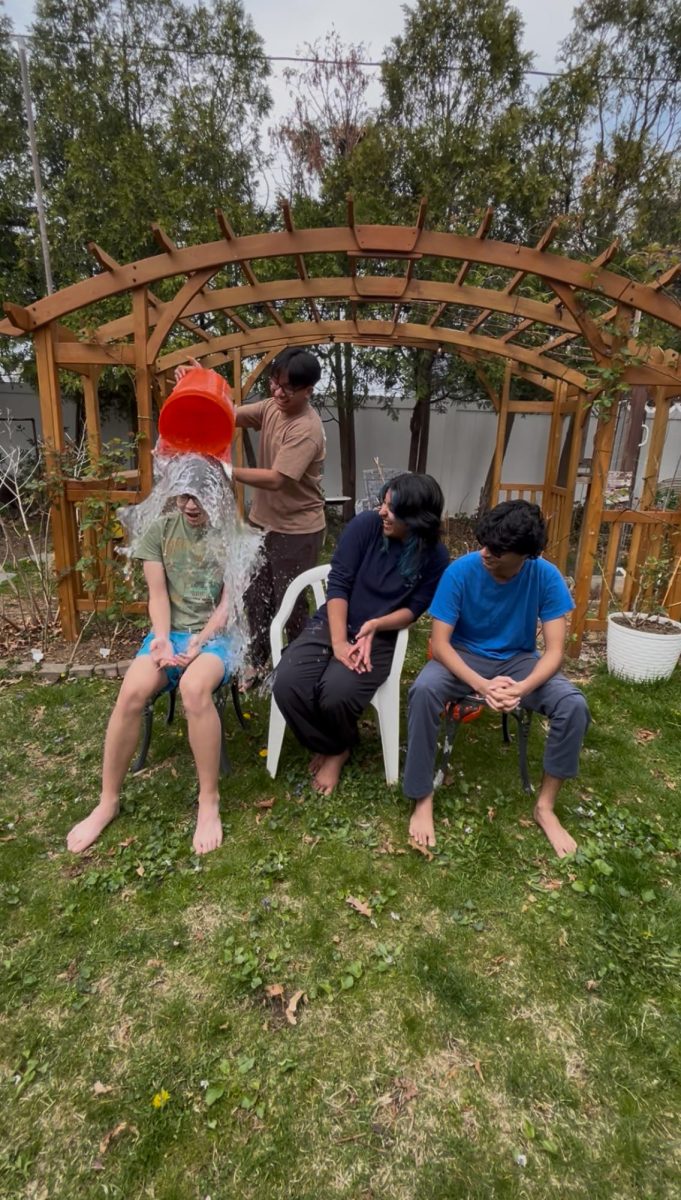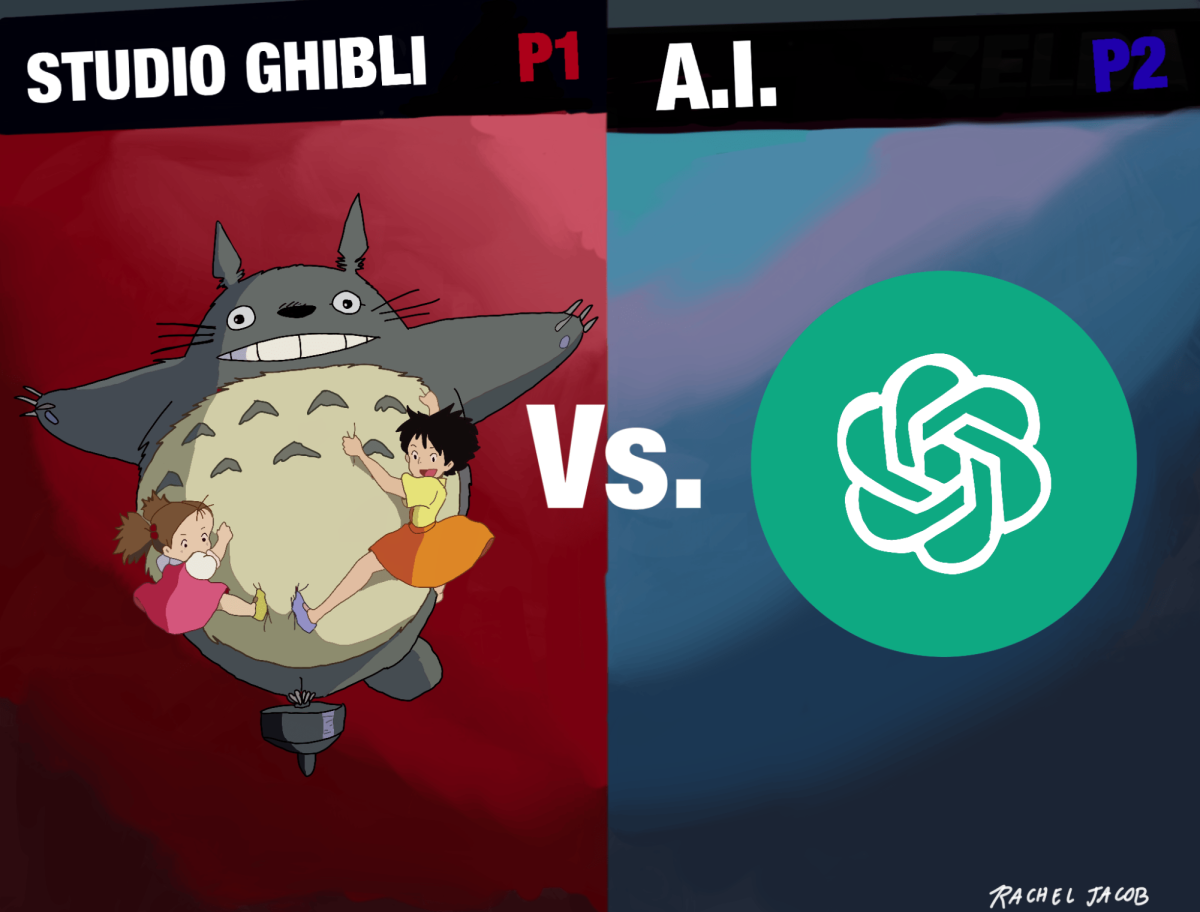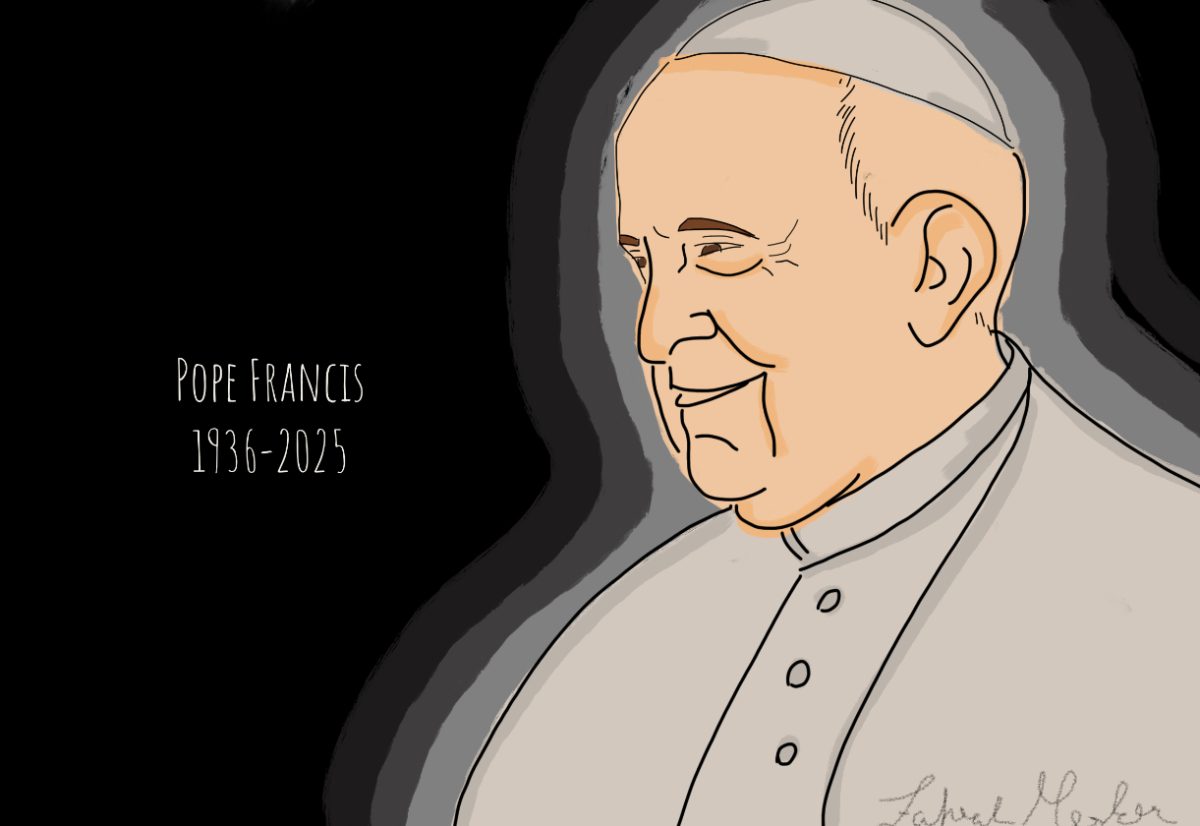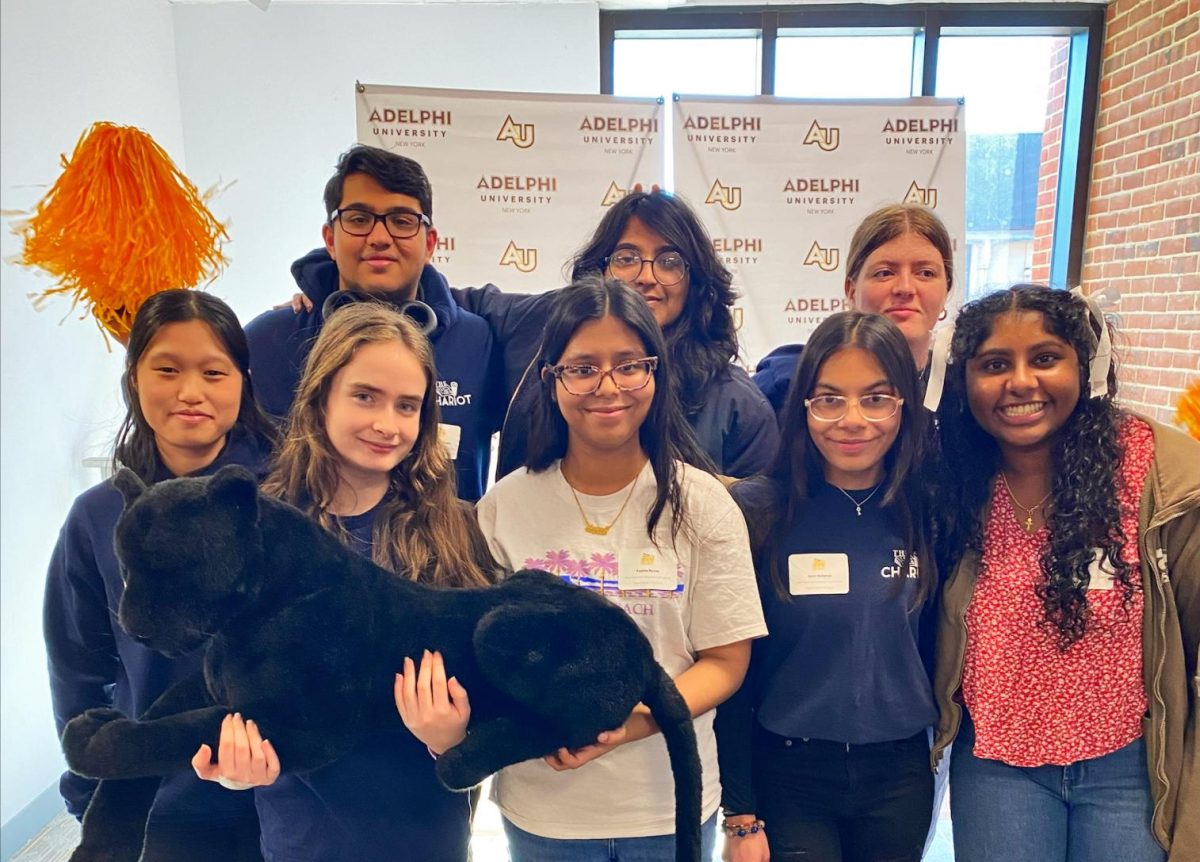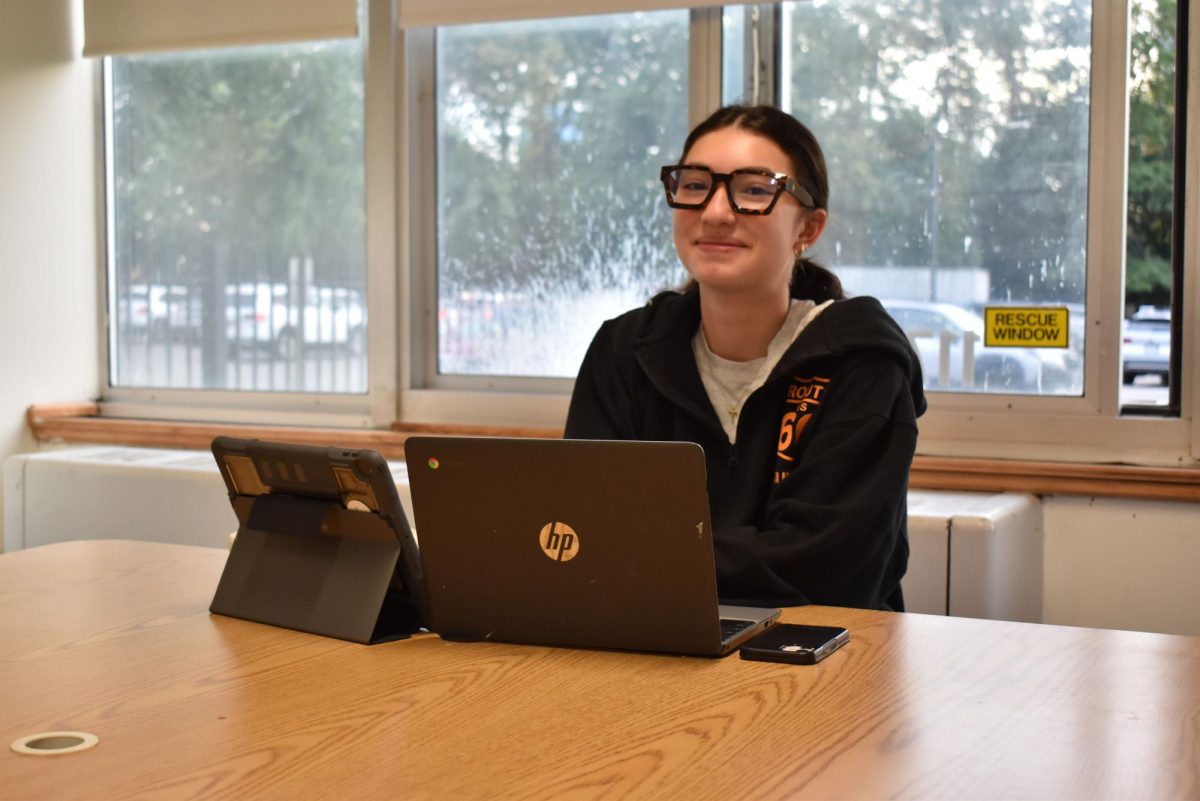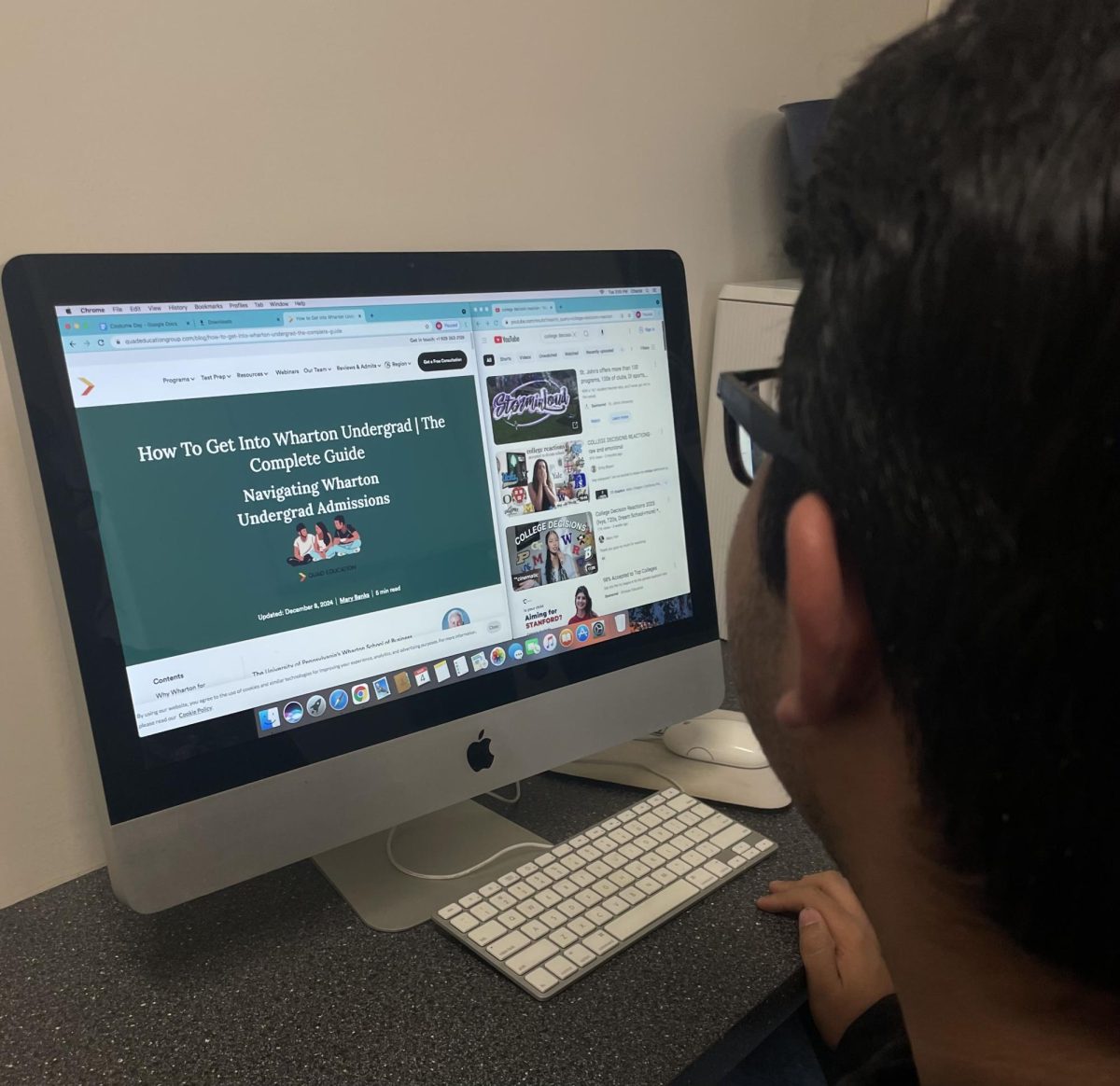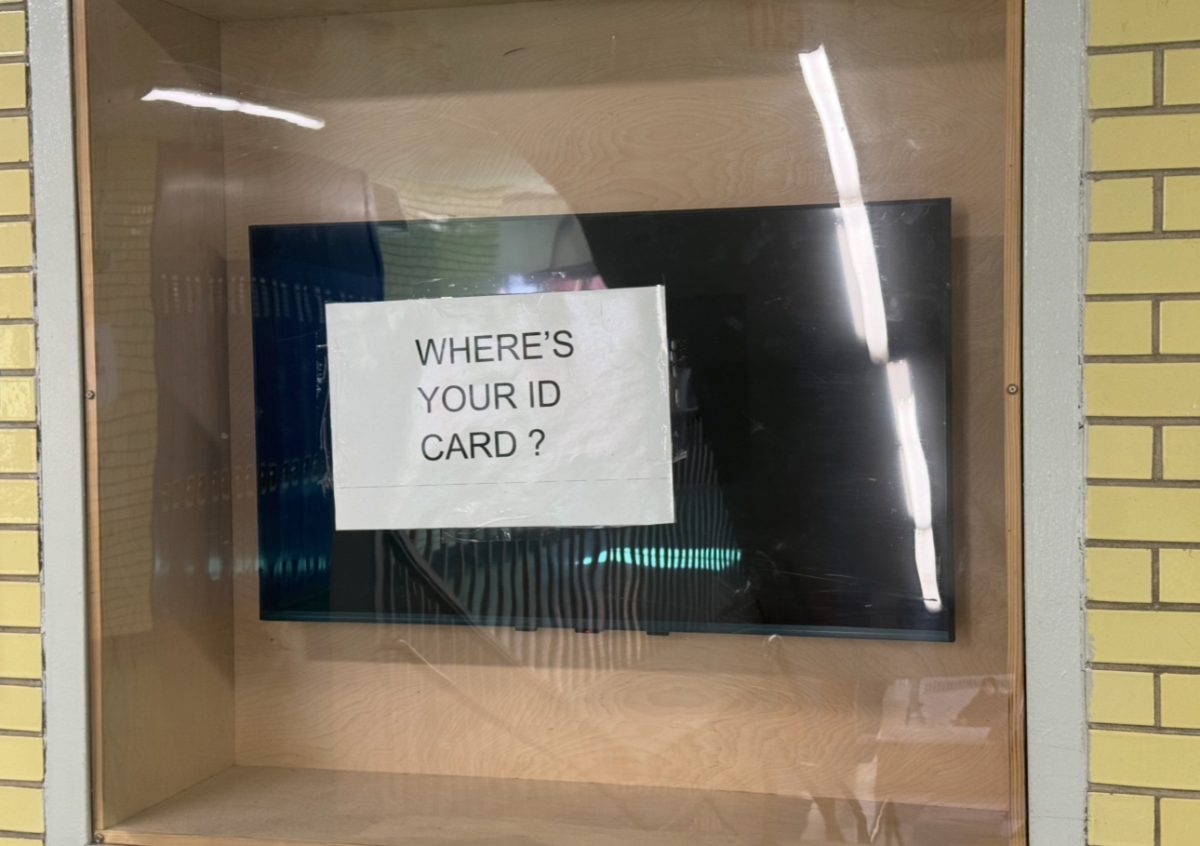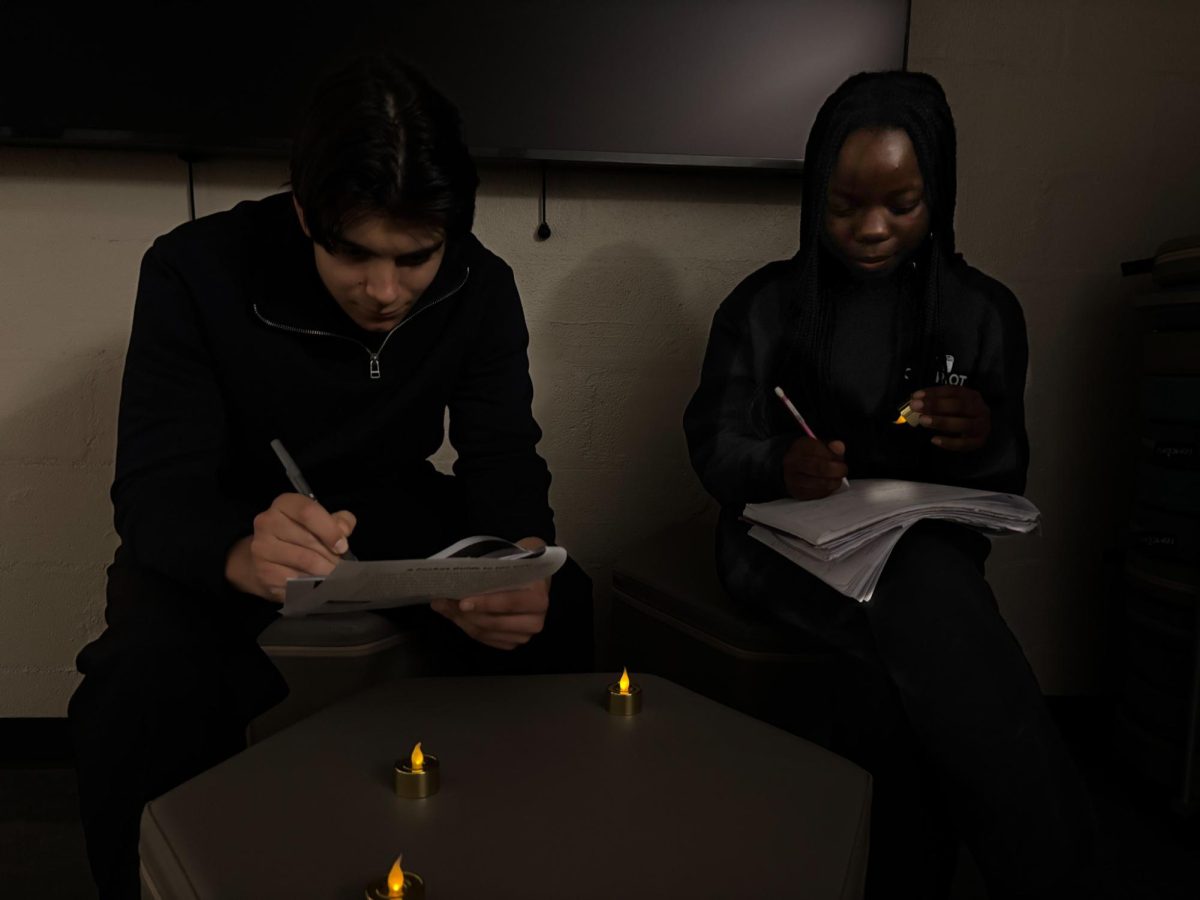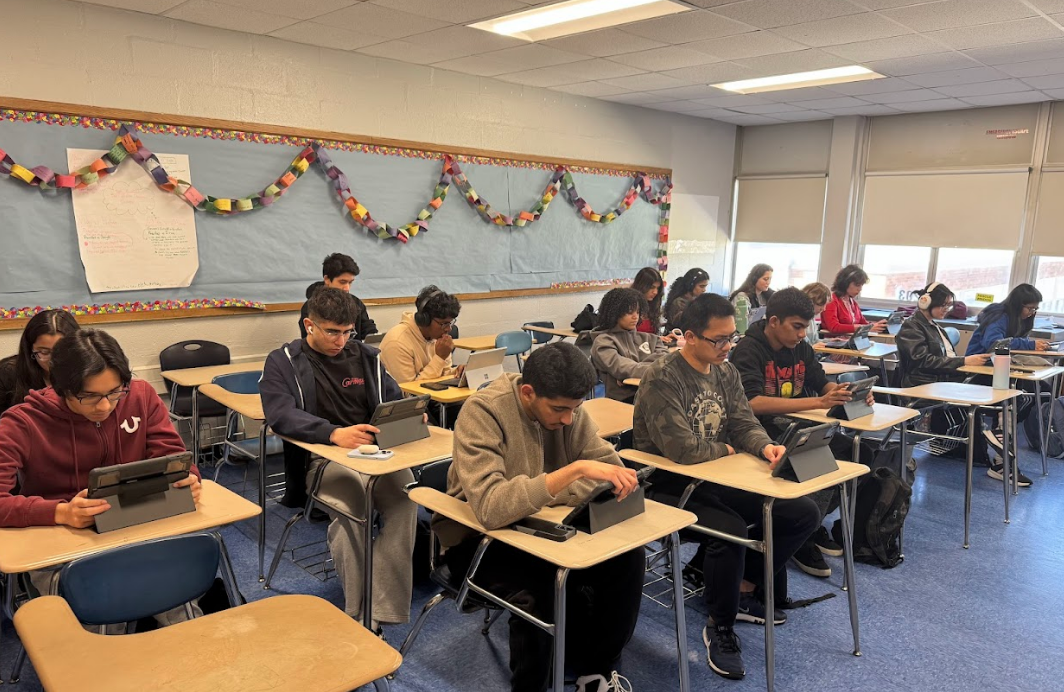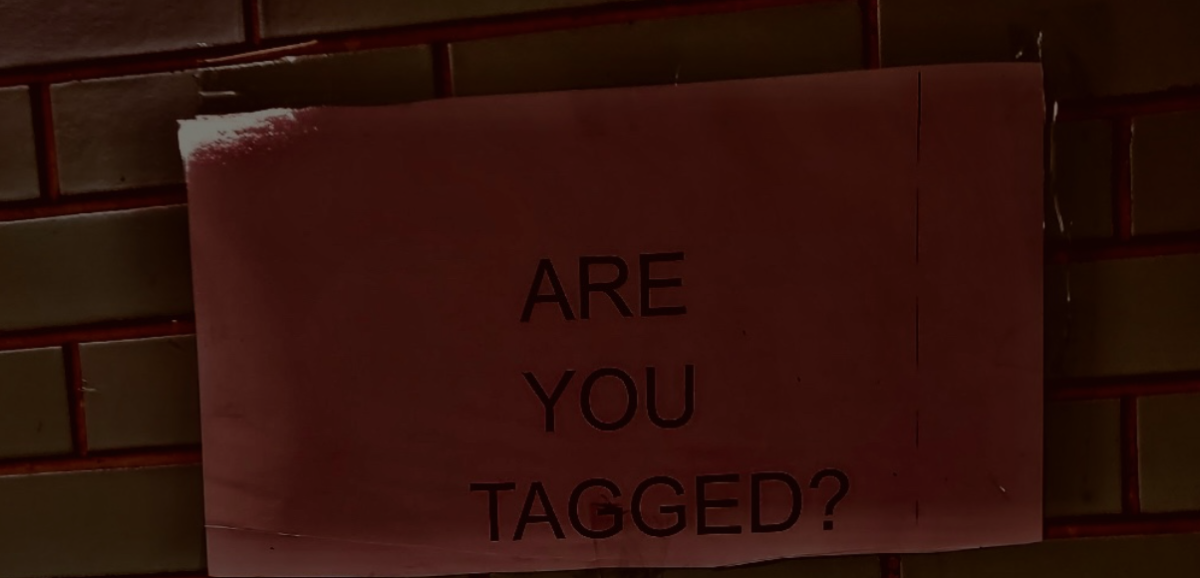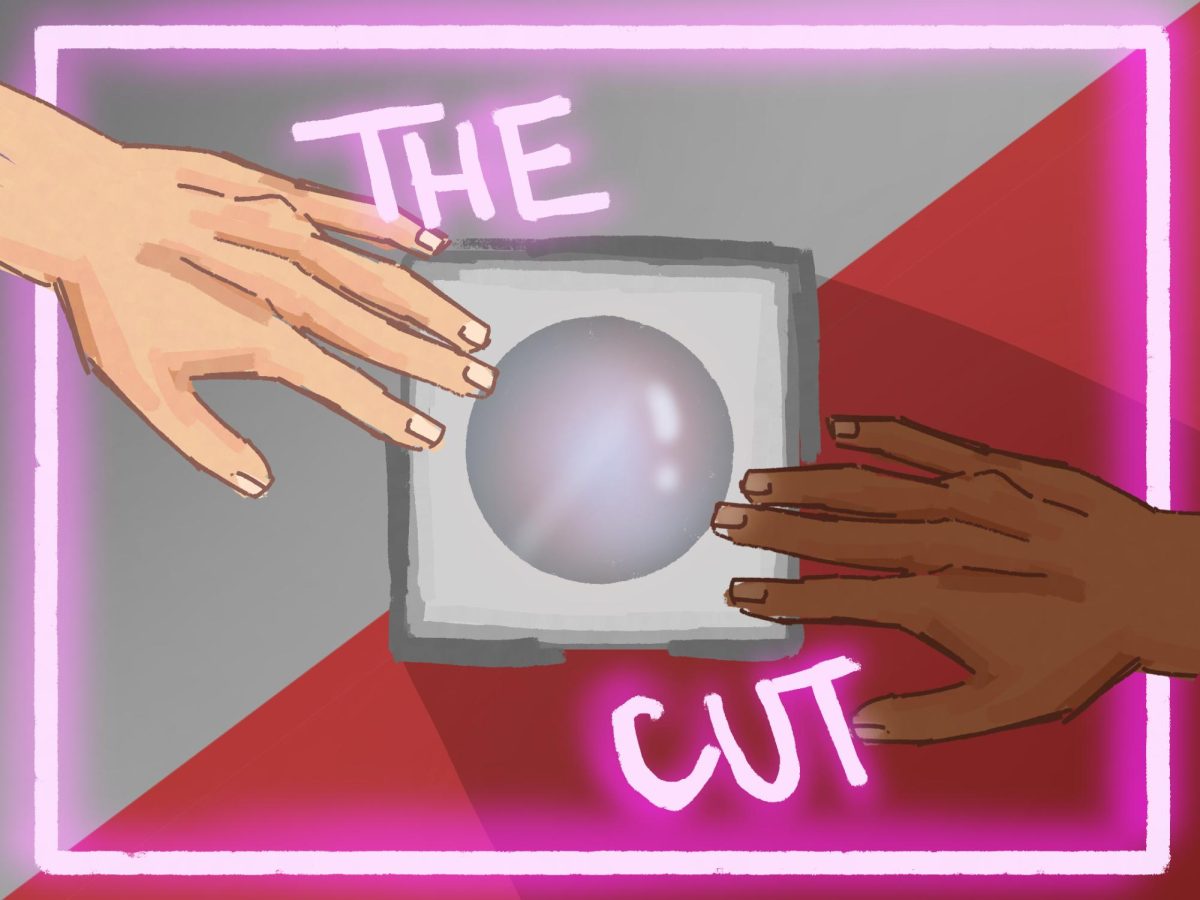Cut, an American interactive YouTube channel, has recently come into light regarding their spirited debates. Their video “7 High Schoolers Decide Who Wins $1000” captured viewers with a heated debate among high school students about who deserves the final cash prize. This experiment, designed to provoke discussion, quickly became memorable as contestants faced off over values, strategies and personalities. This five-year-old video has recently gained a newfound audience due to one of the contestants calling out the channel for exploitation.
“The humor is well-cultivated into the video as a way of purposefully drawing attention,” junior Maryam Haji said.
As the experiment unfolded, Jordyn, a contestant later nicknamed “Fish Girl” and “Nina Girl”, gained fame amongst the Internet for her impassioned arguments and frequent mentions of another contestant, Nina. Her intense focus on Nina combined with her quirky personality quickly went viral, sparking a cultural meme as people repeated her now-iconic lines across social media.
After enduring intense public scrutiny and online backlash, Jordyn recently took to TikTok to defend herself. With her following steadily growing, she claims she is ready to confront the controversy that she claims impacted her life significantly. In a candid TikTok post, Jordyn reveals the behind-the-scenes reality of her viral appearance, detailing how she was paid a meager fee for a grueling three-hour shoot. She also reveals that Cut ignored her explicit request to cut a sensitive clip from the final edit—a decision she says contributed to the overwhelming backlash she received.
“I am not on here to be famous,” Jordyn explains in the clip. “My true intentions are to expose them, and to get enough of a following to expose them.”
Her reemergence has reignited criticism of Cut’s exploitative content practices. According to her, the channel prioritizes viral moments over privacy and responsibility.
“They need to take responsibility,” junior Evangelia Englezos said. “If they don’t, nobody will want to work with them because of all of this.”
Jordyn’s story raises important questions about the responsibility of platforms and creators to protect those they feature. Jordyn’s call for more transparency and ethical practices in content creation has caused many viewers to reconsider the effects that social media has.
“I think it was Mark Twain that said ‘a lie can travel halfway around the world while the truth is still putting on its shoes,’” English chairperson Dr. Otton said. “Lies feel like they move at a hypersonic rate within social media. Everyone in the world can know something about someone whether true or false in the blink of an eye. Does anyone care about the truth? No, it’s just an ugly, unkind thing… and sadly we are drawn to that. It feels like in social media we are not allowed to make mistakes.”


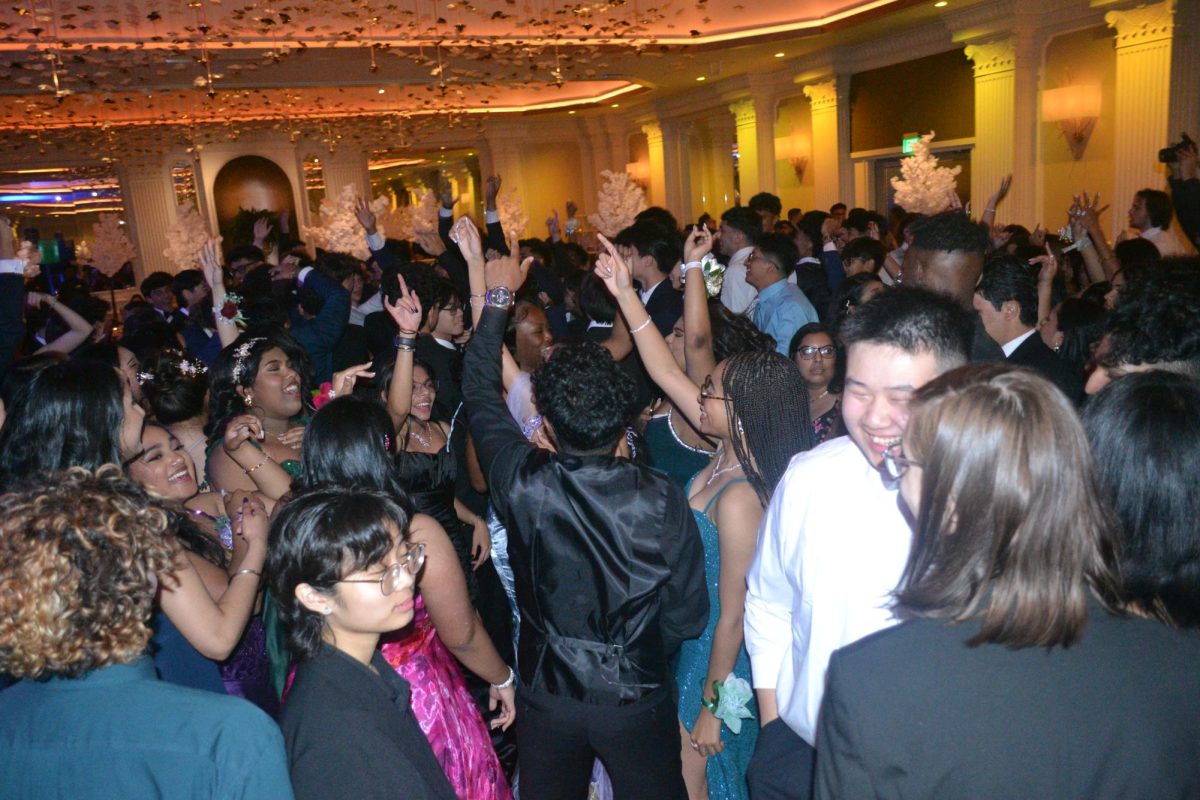




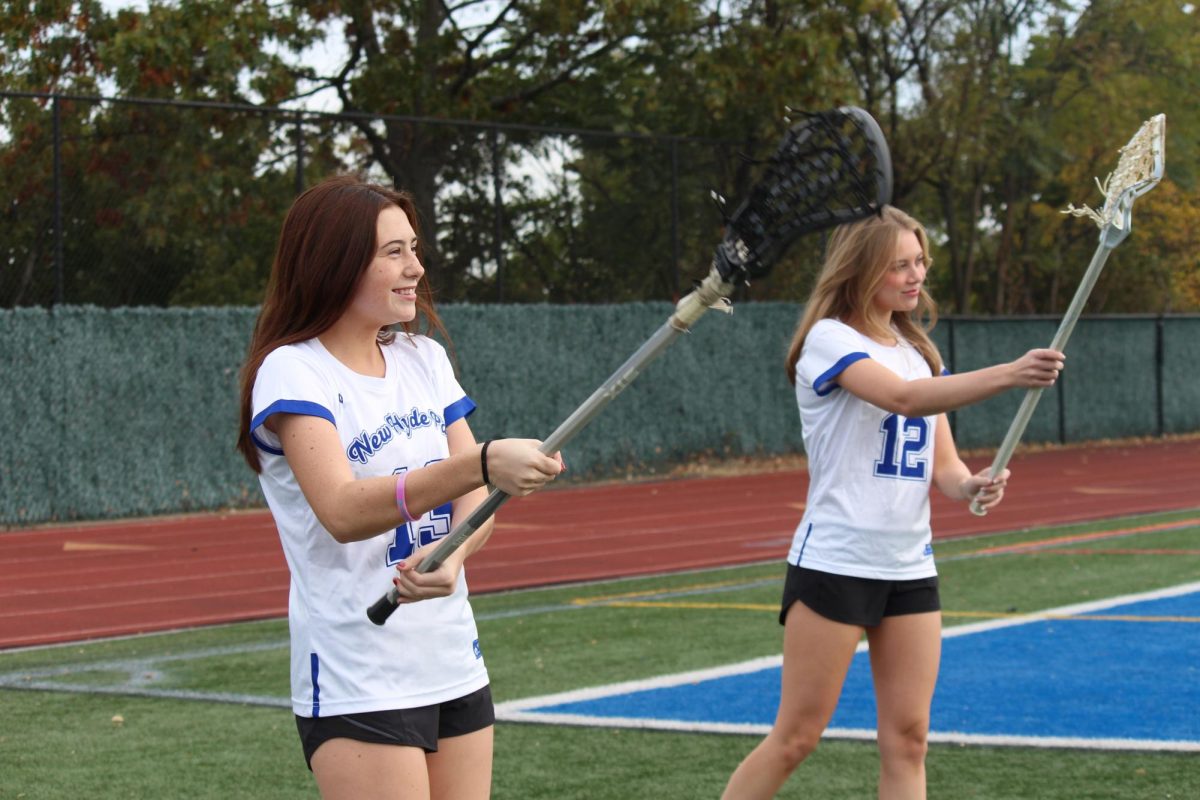


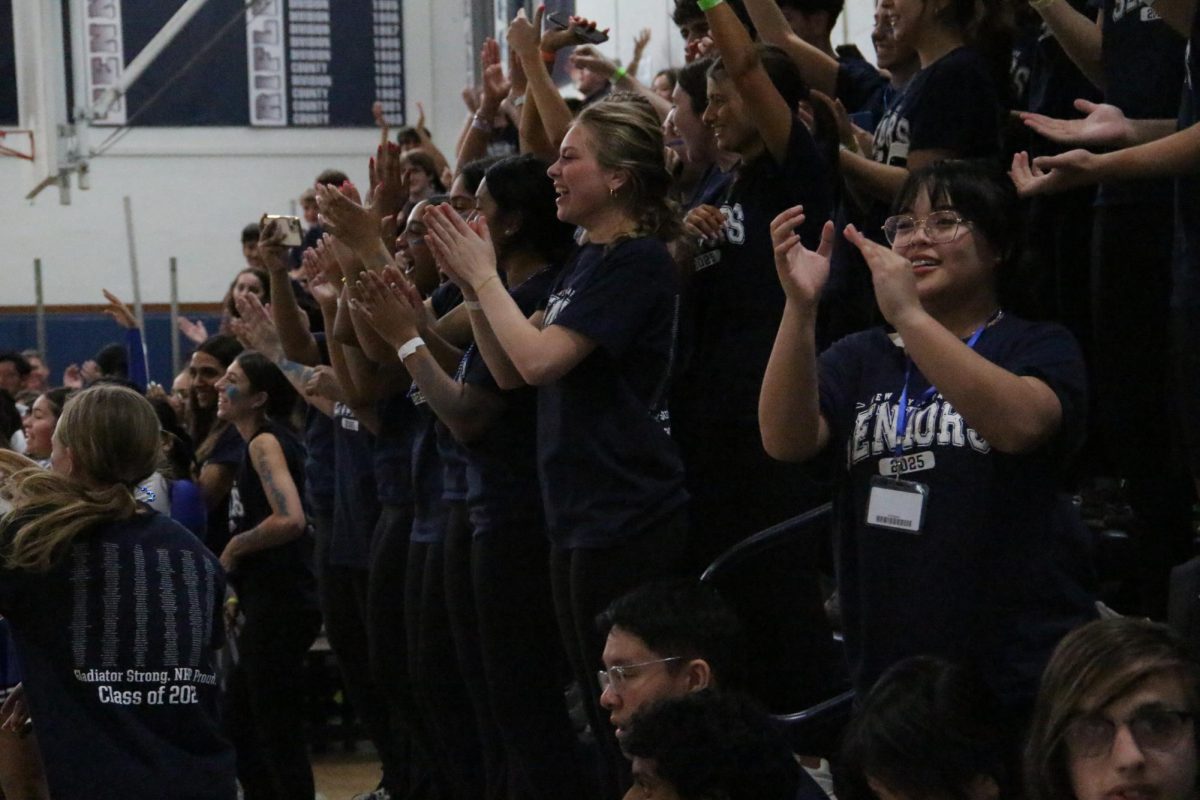
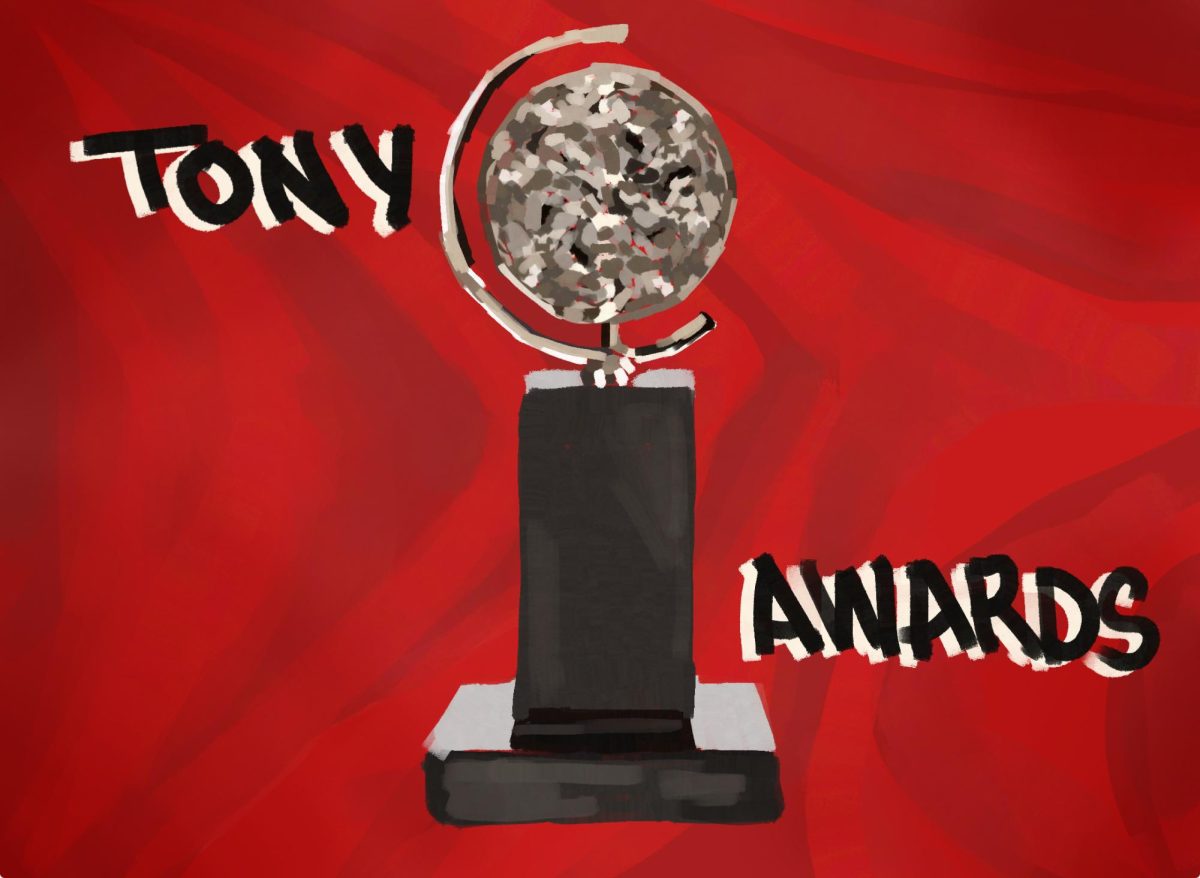
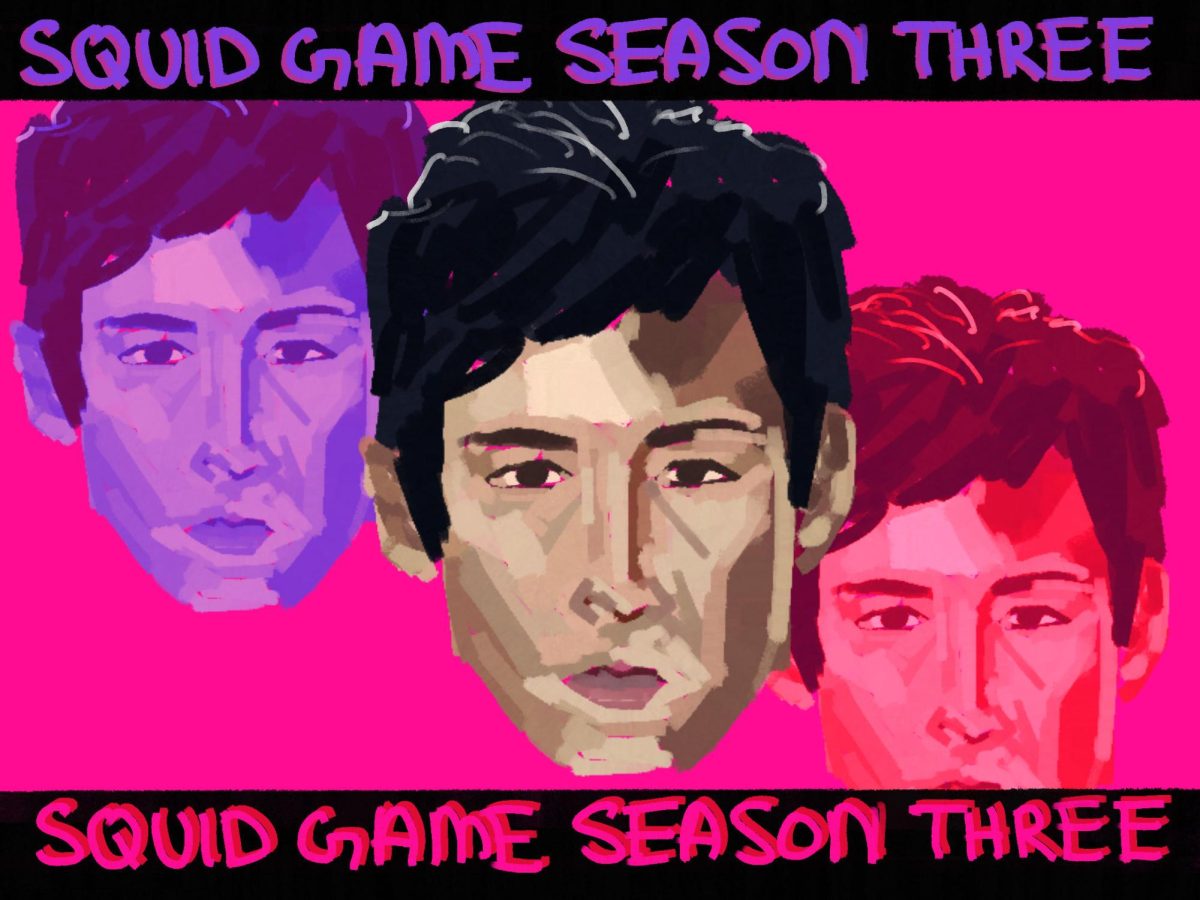
![”[Billie Eilish] truly was made to be a performer and I hope everyone has a chance to see such an amazing show,” junior Nyelle Sarreal said.](https://nhpchariotonline.com/wp-content/uploads/2025/06/IMG_1108-e1749239774437-1200x860.jpeg)
